DUAL VISION: ARTISTS
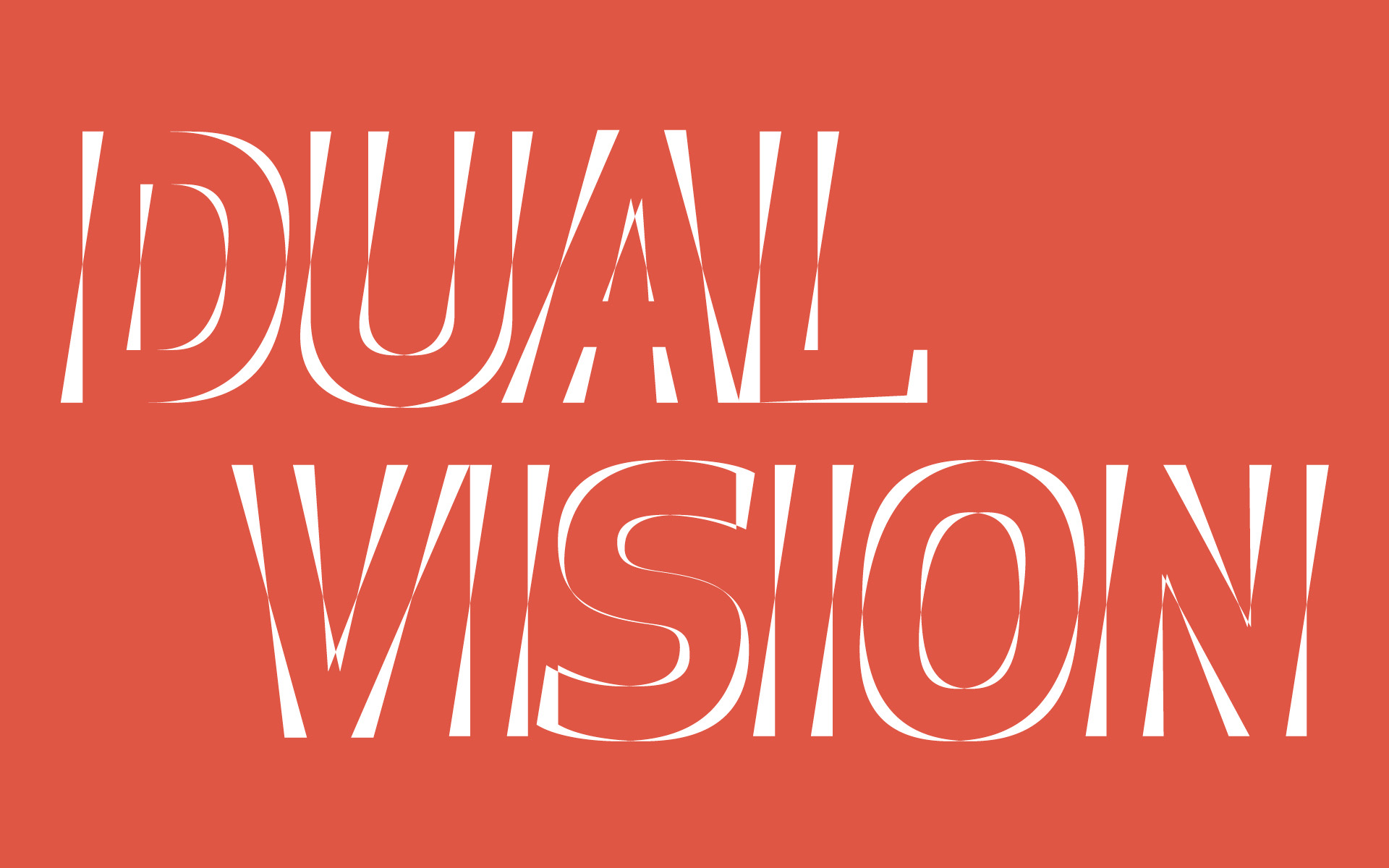
DUAL VISION
SABRINA NELSON + LEVON KAFAFIAN
The Mother: Why You Wanna Fly Black Bird?, 2020
Mixed media
Vanagad, Obsidian Spirit, 2021
Mixed media
Sabrina Nelson: The Mother is a thought process and catharsis based on Nina Simone’s charge to artists “It is your duty as an artist to reflect the times” and also her song Black Bird which is about Black Women not hoping for a life of luxury or happiness. We live in a hashtag era, where black & brown bodies that are brutally murdered become symbols on social media. Often the focus is on how they were killed and not who they were as valued beings from their communities. These bodies leave behind their Mothers, Fathers, and community members who mourn them. The sacred spaces, especially of womb and home, represented by the bird cages, they once occupied in their communities, are empty. The schools, churches, stores, homes, they will never return to. The Mother has to revisit these empty spaces, while the child is criminalized by the media. This is also about that sadness that beings must endure publicly and privately while the media captures the story. Our body and our nesting always tells the truth. A grouping of black crows is called “a murder of crows” and a grouping of ravens is called “a conspiracy of ravens” or “an unkindness of ravens”. These poetic names were given to these Corvid creatures during the 15 century. I’ve used both in this work as a representation of Black Mothers floating or flying in the space and time of constant mourning. The hanging dresses represent the body, as spirit with murmuration movement and empty cages as the womb. The branches represent the season and the cycle of life.
Levon Kafaian: She is a spirit of place made manifest, summoned from the space of a cultural imaginary: a diaspora in transition away from shame, echoing elements of traditional Armenian dress, toward a sensuous future abundant with words her forebears dared not utter in their own tongue.
Vanagad is a response to the recent anti-Armenian attacks in the de-facto republic of Nagorno-Karabakh/Artsakh. The unchecked war crimes and genocidal rhetoric spread by Azerbaijan’s government have taken overwhelming emotional and psychological tolls on Armenians across the globe, reopening the wounds of intergenerational traumas.
In spite of this I have become connected to a dense network of queer Armenians coming together across borders to grieve, rebuild and reshape the culture.
Reflective of these conversations, Vanagad is an exercise in selectively mourning loss in our cultural lineages: holding onto the memories of joy and pain past and transforming what has never held space for us.
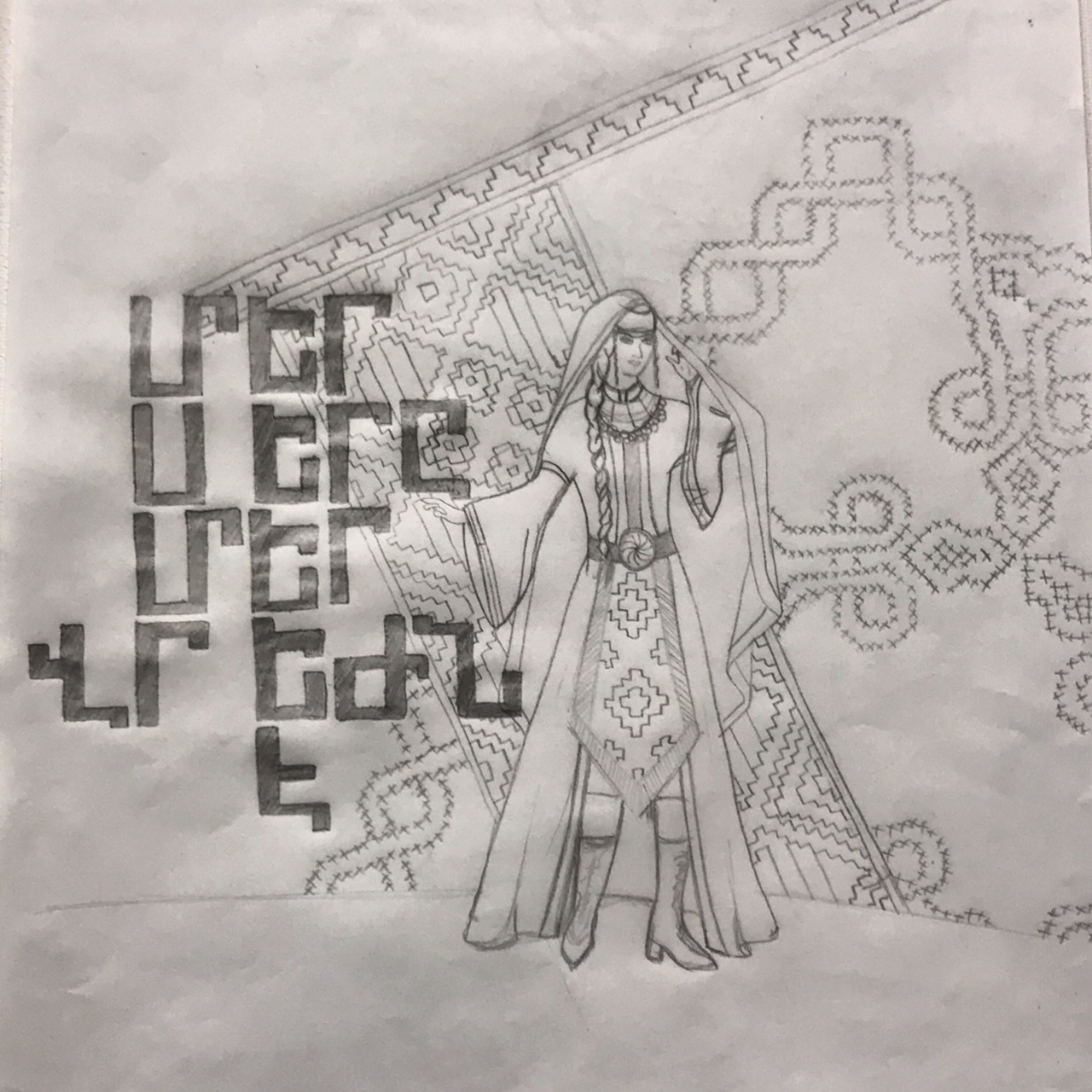
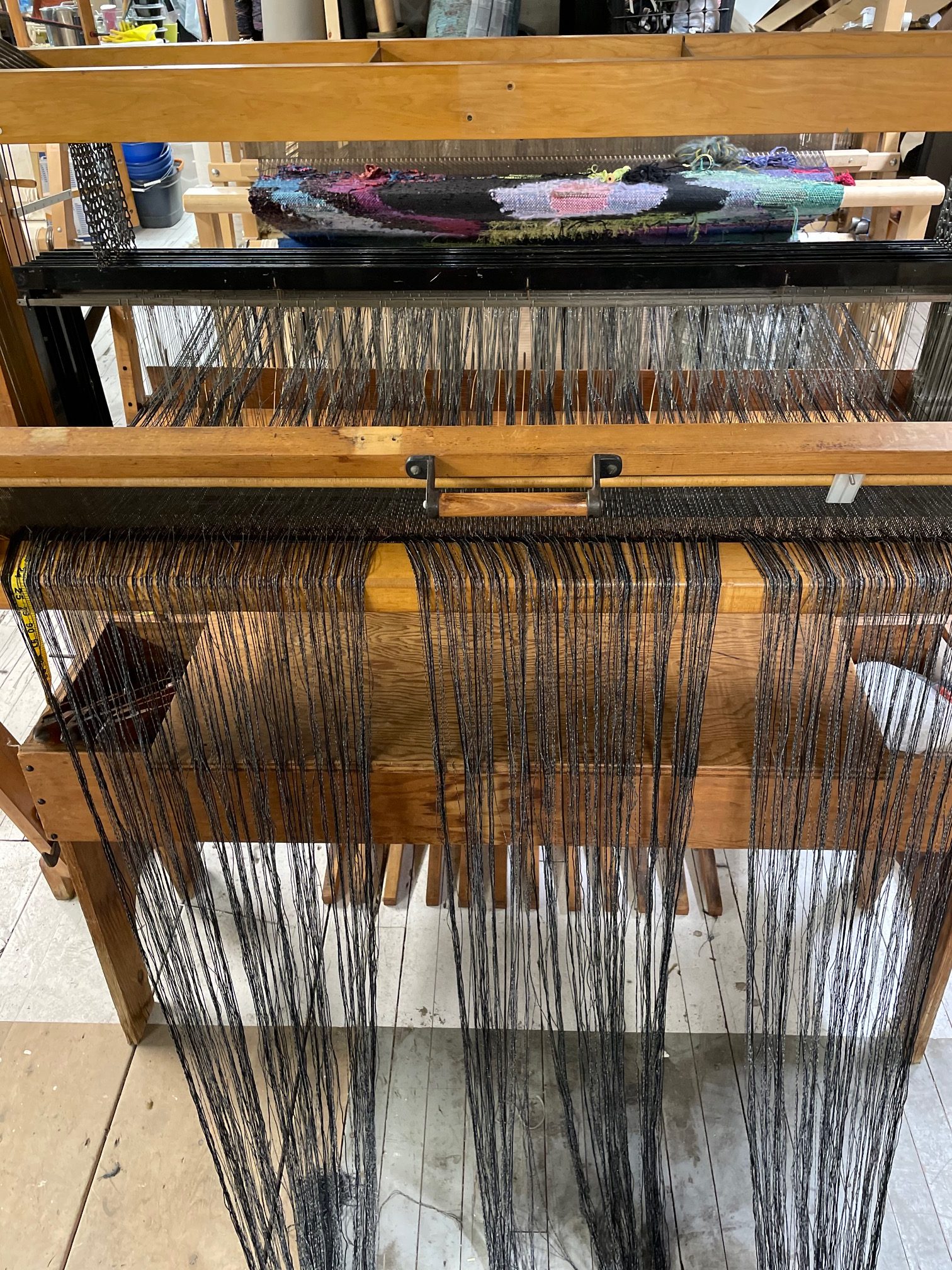
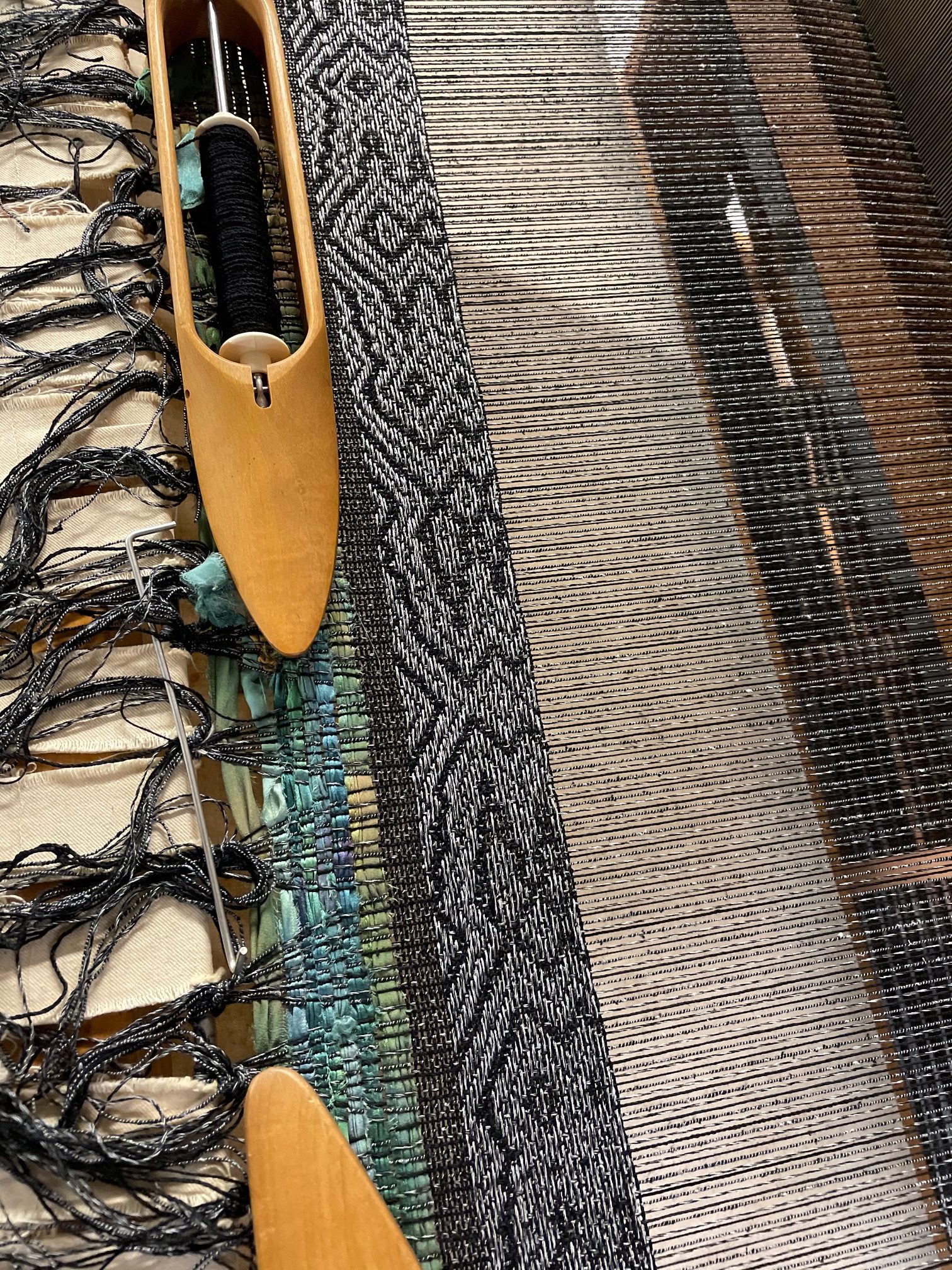
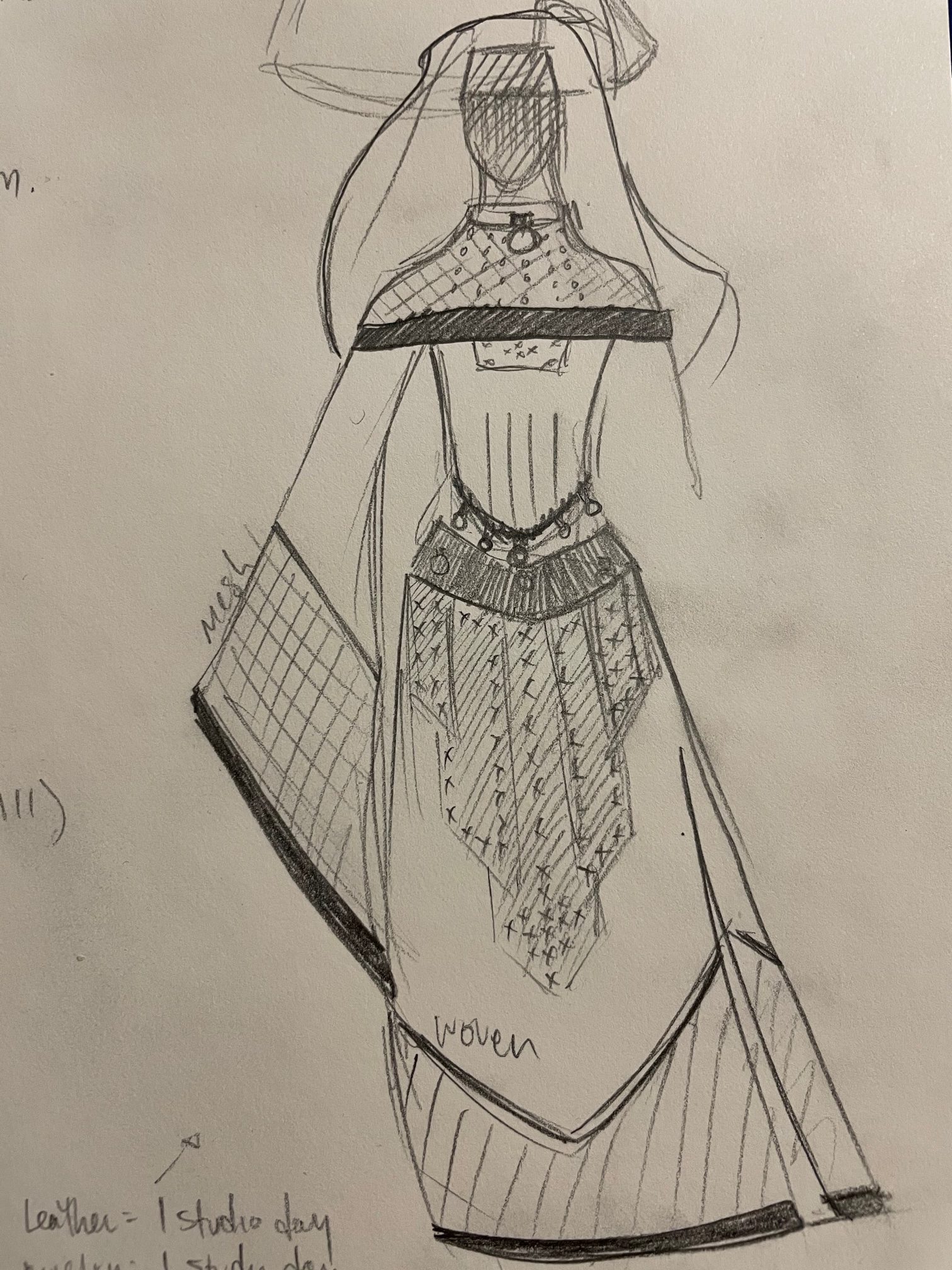
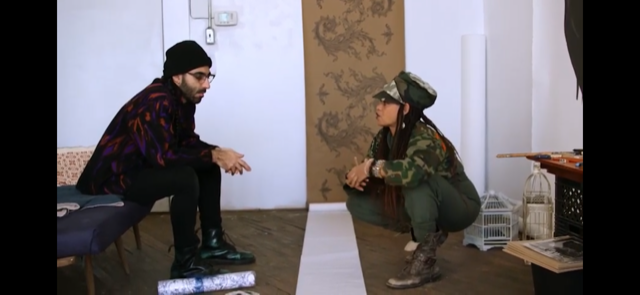
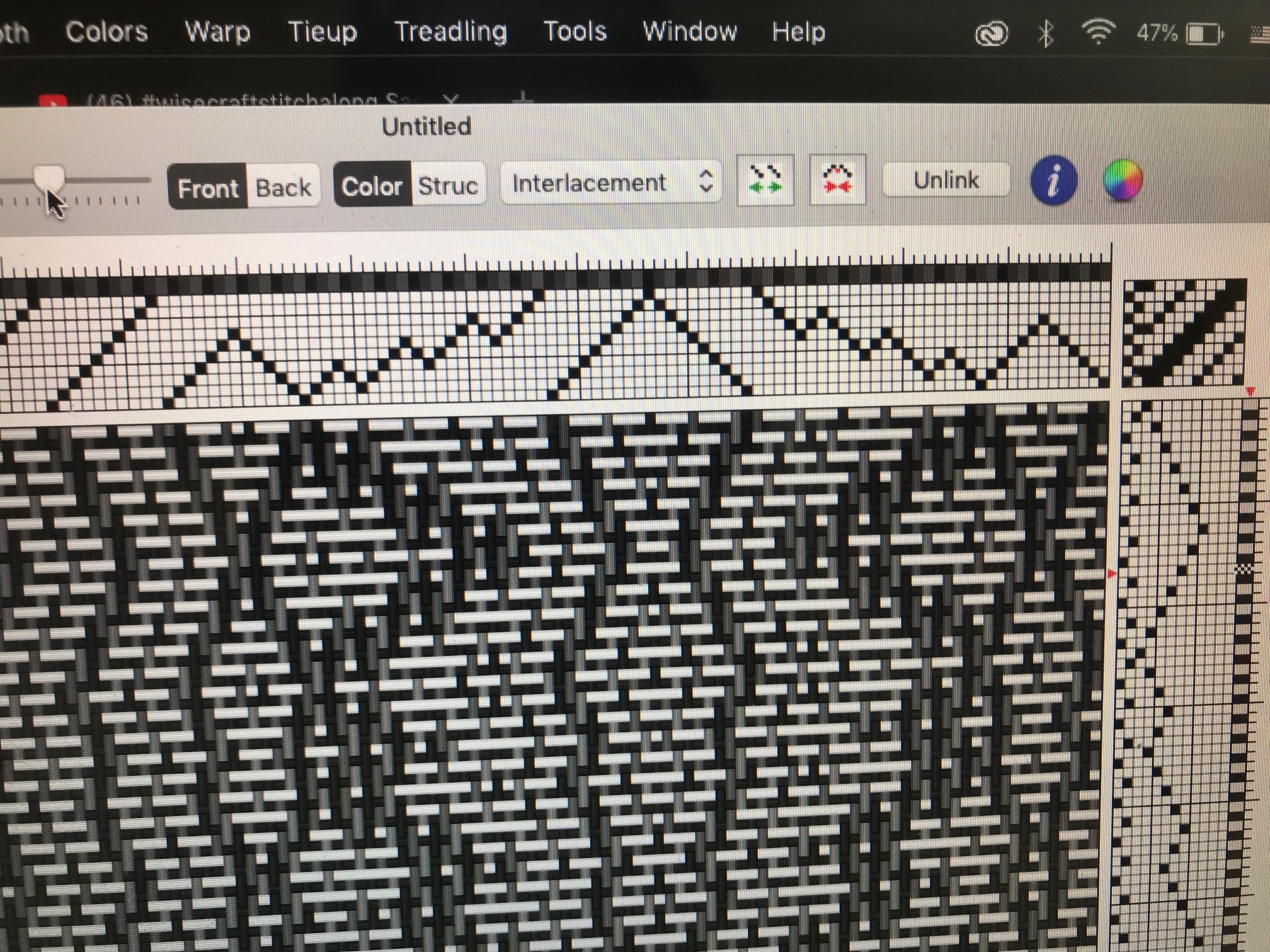
ARTISTS
ROBERT SESTOK + KURT NOVAK →
JIM CHATELAIN + STEVE FOUST →
AMELIA CURRIER + JOHN EGNER →
KATHRYN BRACKETT LUCHS + MICHAEL LUCHS →
JOYCE BRIENZA + DEBORAH SUKENIC →
SIMONE DESOUSA + TIM VAN LAAR →
JULIA CALLIS + JOSH KOCHIS →
NANCY MITCHNICK + JOHN CORBIN →
CARLO VITALE + ED FRAGA →
NICOLE MACDONALD + CARL WILSON →
BETTY BROWNLEE + CRISTIN RICHARD →
GISELA MCDANIEL + MARTHA MYSKO →
TONY RAVE + TYLONN SAWYER →
NOUR BALLOUT + CYRAH DARDAS →
RASHAUN RUCKER + MARIO MOORE →
BREE GANT + CHERISE MORRIS →
TYANNA BUIE + CHELSEA A. FLOWERS →
SABRINA NELSON + LEVON KAFAFIAN
STERLING TOLES + NATE MULLEN →
ADAM LEE MILLER + NICOLA KUPERUS →

